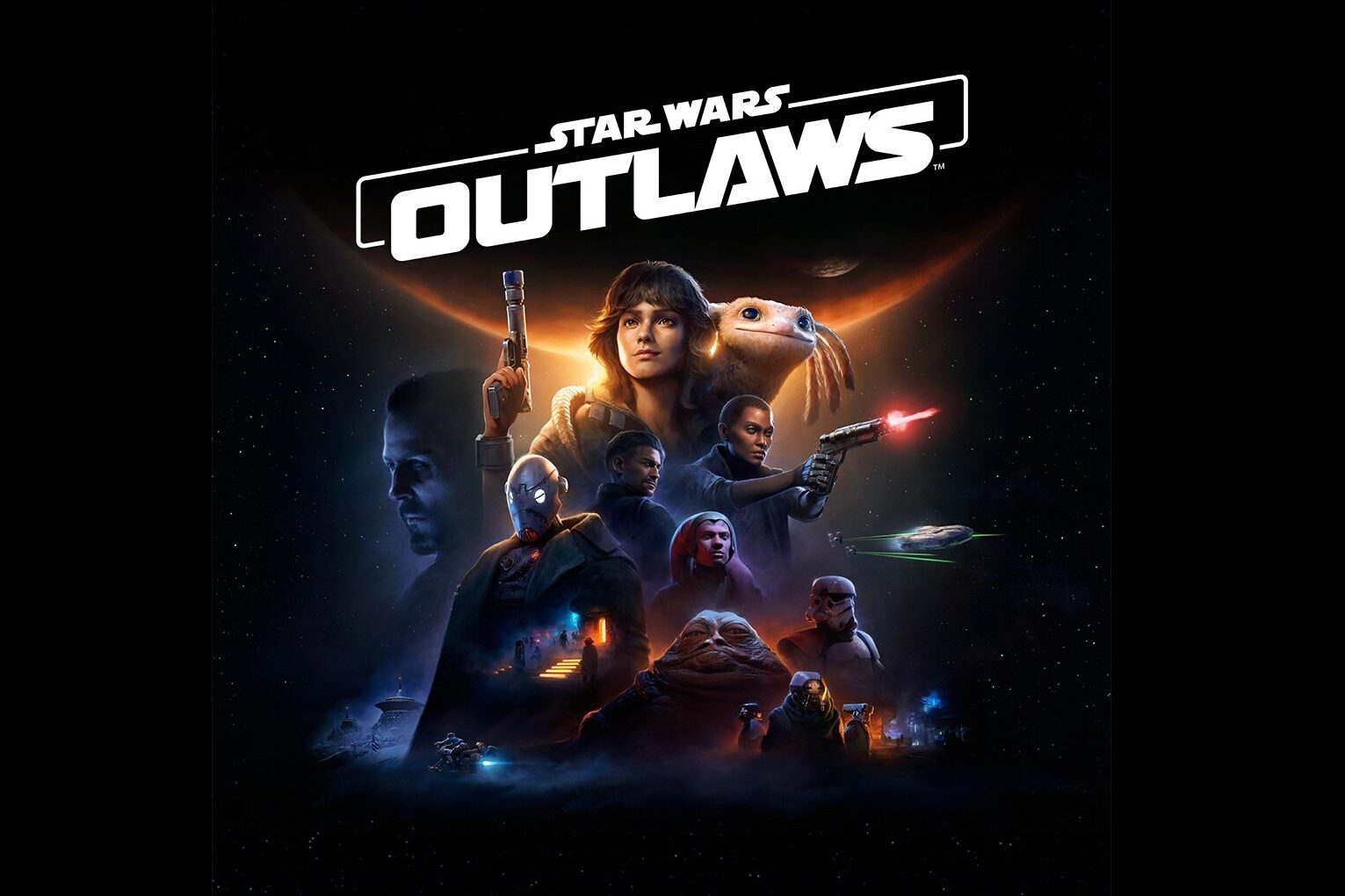The box office news from earlier this December was mixed. The stupendous success of the latest Spider-Man sequel, No Way Home, indicated that fears of the Omicron variant have not deterred audiences from coming out in the millions: it grossed $260 million at the US box office and $600 million globally.
But it also trampled other less franchise-friendly films. Guillermo del Toro’s new picture Nightmare Alley debuted to a dismal $3 million, and Steven Spielberg’s version of West Side Story will be one of the director’s greatest flops, having grossed a mere $18 million in the US so far. The chances of either film — expensively mounted period pieces from A-list directors — recouping their production budgets at the theater, let alone their advertising costs, is zero.
They join other critically acclaimed adult-oriented pictures that have no audience in theaters. The Ridley Scott medieval epic The Last Duel, Will Smith’s awards-friendly biopic King Richard and even Kenneth Branagh’s Belfast have all opened to mediocre business. The likes of Venom: Let There Be Carnage, No Time To Die and Spider-Man, meanwhile, have made roughly the amounts that might have been expected in the pre-pandemic era. Films are still making money, but only franchise or superhero films.
There are still some anomalies. Scott had greater success with the Lady Gaga-starring House of Gucci, which has done decent business both in the US and internationally. Dune, a risky project, has grossed $400 million worldwide. The Marvel machine was dealt a blow by the relative critical and commercial failure of the unloved woke and diverse superhero film Eternals.
Still, today, Clifford the Big Red Dog is a safer bet for a studio than a film from an Oscar-winning director and starring the likes of Bradley Cooper, Cate Blanchett and Rooney Mara.
What will happen next? Fox’s recent acquisition by Disney saw many of their non-franchise films all but jettisoned, and the likes of Wes Anderson’s The French Dispatch and The Last Duel have suffered from a paucity of promotion. No doubt Matthew Vaughn’s imminent The King’s Man will be a similar box office failure. But with older moviegoers afraid to return to their local multiplex or arthouse and waiting for pictures to appear on streaming services instead, the only films guaranteed an audience are those aimed at young, Covid-skeptic (or indifferent) viewers, who will happily head out for their movie of choice.
Many leading directors, such as Martin Scorsese and David Fincher, have already turned to streaming services to finance their dream pictures. They’ve come to regard the relatively token cinematic release that their films receive as a quid pro quo for virtually unlimited budgets and no studio interference. The recent Don’t Look Up, Joel Coen’s Macbeth and Jane Campion’s Power of the Dog — which would once have expected muscular box office, thanks to their major stars and ecstatic reviews — were all financed or purchased by Netflix or Apple. We cannot complain as long as these films continue to be made, and their talented and able filmmakers are allowed to work on material that interests them rather than Spider-Man 7.
Yet the shame is that cinemas are now doomed to be little more than receiving houses for big-budget superhero films, and little else. A few years ago, the Leonardo DiCaprio vehicle The Revenant — a long, difficult, violent R-rated film — made over $500 million at the global box office. Today, it would be lucky to make a tenth of that amount. Adults may never return to their local theaters post-pandemic, and if they do, there will be little for them to see. For anyone who grew up loving the physical experience of “going to the movies,” this not-so-brave new world is a tragedy.

























